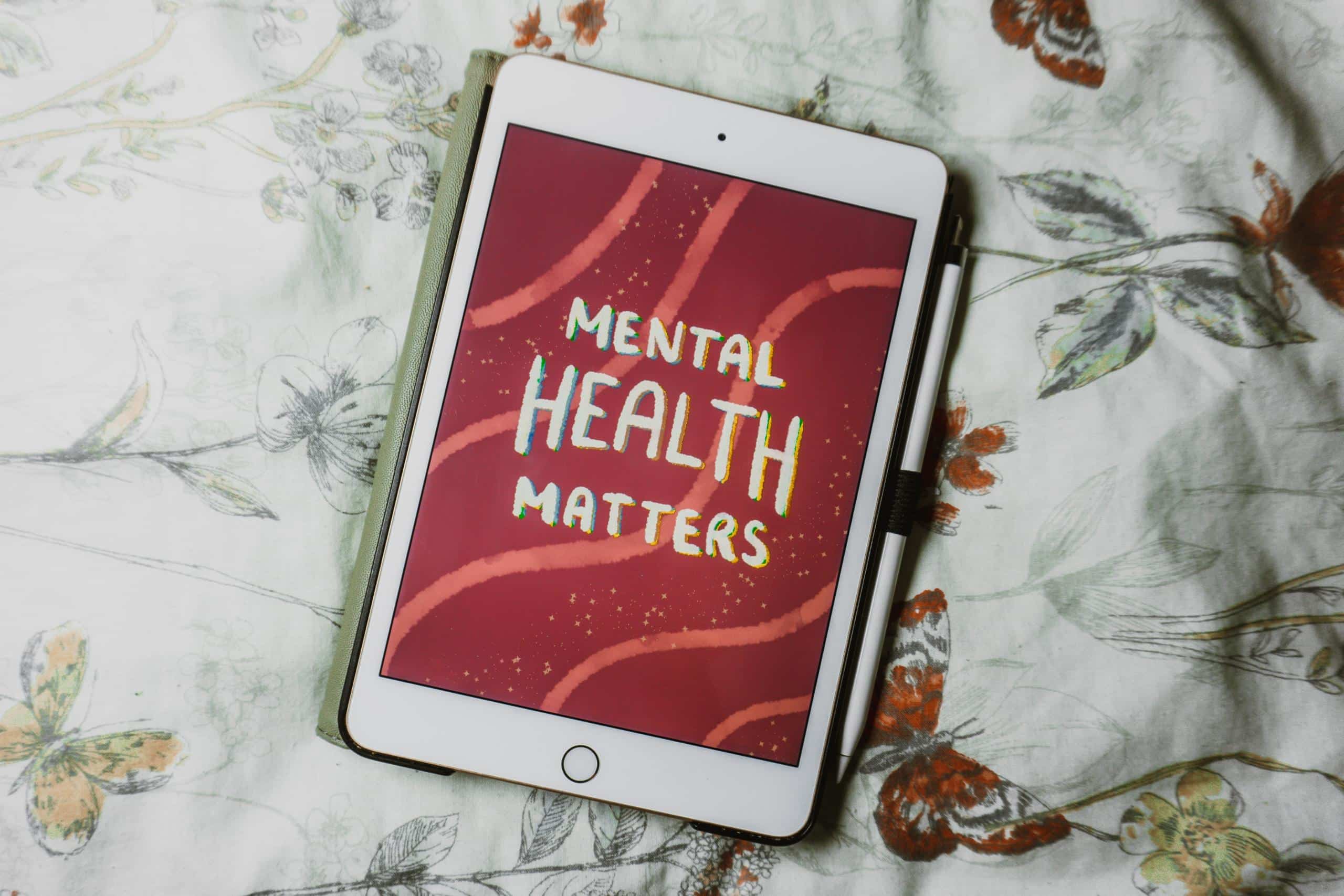Managing stress and wellbeing during the return to the office

It’s been over 18 months since the UK first went into lockdown. The transition to working from home was a challenge, but the transition back into the office is proving equally difficult for both individuals and organisations.
Whilst some employees are champing at the bit for more face-to-face contact. Others have grown accustomed to the benefits of working from home: no early morning commutes, more time with the kids, saving money, and of course being able to wear pyjama bottoms during a Teams call (just don’t stand up!). Either way, the easing of lockdown presents some very real management challenges to welcoming employees back to the office, after what has been a most extraordinary year.
Quick Links
Before we get into the ‘tips’ for returning to the office, it’s important to understand…
What causes employees stress about returning to the office?
After so many months of working from home, many employees are worried about the impact returning to the office might have on their mental wellbeing. Not to mention their work-life balance.
But, it’s not only their mental health people are worried about. The rollout of the vaccine has seen recovery rates increase, however infection rates have remained high. This could be a concern for employees – especially when adding in elements such as commuting on public transport.
Concerns employees may have about returning to the office
- Contracting the virus
- Not knowing their new colleagues
- Dealing with rusty social skills
- Adjusting to a different work environment
- Self-doubt and a lack of confidence
- Confusion around priorities
- Work/ life balance
- Financial pressure
- Changing guidelines and expectations
- Childcare
- Pet care
- Grieving over the loss of loved ones
It’s a lot easier to navigate all of these challenges and help those who are worried if you know how people feel. Don’t assume employees will willingly tell you if they’re feeling anxious or concerned. People often avoid these subjects due to the fear of showing weakness or not living up to expectations.

To find out how people are truly feeling, it’s important to create a safe environment for them to speak, as well as giving a voice to those who aren’t usually willing to come forward. Utilising anonymous surveys or polls such as Slido is a great way to collate honest feedback about people’s thoughts and feelings about returning to work.
You can then use the insights from the feedback you receive to proactively address people’s concerns. For example, if several people mention concerns over safety, you can reassure them by going through the precautions that have been put in place within the office. Or, if there are employees who feel like they focus better at home with less distraction, perhaps look at introducing a ‘quiet area’.
Now we understand a bit more about the ‘why’, let’s get into a few of our top tips for helping ease the transition back into the office…
Welcome people back into the office
Before heading back into the workplace it could be a good idea to organise a social event. Ideally in person but, virtual would work too. It could be a team lunch or some kind of fun team-building exercise, anything that will get the team excited to see their colleagues again.
When the first day in office finally arrives, don’t treat it like a ‘normal’ day. Remember, this is the first time people have been in the office since March 2020 – and for any new joiners hired during the pandemic, this will be the first time stepping foot in the building, so it’s important to make a great impression.
Host a ‘Welcome Back’ meeting to go through any changes in the office, address COVID safety rules, and answer any questions or concerns. Boost team engagement by asking them questions such as “name 1 positive thing about returning to the office”.
You could even take it a step further by including a ‘Welcome Back Pack’ as a little treat for everyone’s resilience and hard work over the past year. Things like a voucher to a local coffee shop, personalised mugs or face masks, and hand sanitiser would work well. Not only do these encourage good sanitary practices, but they also boost morale and inspire productivity.
Get free access to wellbeing resources, news and research Get access to the exclusive Haptivate Wellbeing Resource Hub and stay up to date with all the latest wellbeing at work research, tools and tips by joining our monthly newsletter. We promise not to share your data or spam you with irrelevant information 🙂
Make the best use of office time
Hybrid working looks different for every organisation. Some might adopt working a fixed number of days in the office, some may allow their employees to set their own schedule. Whatever the set-up the main challenge may be working out how to move seamlessly between home and work offices. The key success is ensuring that those in the office feel reassured, whilst those continuing to work from home are integrated into all aspects of working life.
Good planning is a must when it comes to making the most out of the time spent in either location. Think about which tasks/ projects are better suited to home or office environments.

Asynchronous tasks are assignments that can be completed from start to finish without needing any input from others (e.g. responding to direct emails, preparing a solo presentation, data entry etc.). These types of tasks are more suited to home working, where employees have more likely to have uninterrupted time to focus.
Synchronous tasks, on the other hand, are best saved for in-office days. These types of tasks require collaboration, conversation, brainstorming or group creativity. Whilst these types of tasks can certainly work remotely, they can sometimes be difficult to execute.
Get Your Free Hybrid Work Wellbeing Action Planner
Join the Haptivate newsletter to get access to all our free wellbeing resources.
This planning tool is designed to help you to make the most of the time you spend working both at home and in the office.
Provide mental health and wellbeing support
It’s a well-known fact that many employees do not feel comfortable talking about poor mental health. And, this is unlikely to change after the pandemic.
A recent survey by coursesonline found that 40% of workplaces are yet to implement any new mental health policies in response to the pandemic, whilst 66% of workers thought mental health would benefit from greater time and resources.
Organisations perform better when their employees are healthy, motivated and focused. Employees who are in good mental health will have increased resilience and adaptability. The support people receive from employers is key in determining how well and how quickly they’re able to adjust to being back in the office.
But, wellbeing at work is easier said than done. Getting it right is a challenge – now more than ever! To create a culture that’s truly people-first requires continuous innovation and creativity. The tried and tested approaches no longer cut it – particularly in remote or hybrid working environments. So, here’s some of the…
Ways you can support mental wellbeing in the office:
- treating mental and physical health as equally important
- ensuring employees have regular 1-2-1’s with their managers to talk about any problems or challenges they might be having
- encouraging positive mental wellbeing by hosting a workshop or appointing wellbeing champions who staff can talk to and invest in workplace stress training
When employee wellbeing is overlooked by organisations it runs the risk of their teams becoming burnt out, demotivated and disengaged. All of which lead to higher levels of sick leave and low staff retention.
Final thoughts
Remember, returning to the office isn’t going to be an easy transition. Much like back in March 2020 when we were suddenly told we needed to work from home. One day you’re hosting Teams call in your pyjama bottoms, the next you’re back to the grind of the daily commute. It will take some time to adjust. But, it isn’t all bad! There are huge benefits to getting back into the office, face-to-face contact being the main one.
Need a Hand?
If you’re searching for a partner to help improve wellbeing and happiness in your workplace, get in touch with a friendly member of our team. We’re here to help you reach your goals.

Aysha Frost
Digital Marketing






